Post-Covid Diet: What To Eat For Quick Recovery
Many people experience loss of appetite and reduced food intake when unwell with Covid and during their recovery. It is normal to feel tired after being unwell, and recovery can take time.
You may find that you have difficulties with shopping, preparing food, and difficulty eating your normal portion sizes. This may be because you feel tired or weak. You may have some new symptoms associated with Covid like smell and taste changes, shortness of breath dry mouth, nausea, and constipation. This can make it difficult to get the right nutrition you need to help you do your day-to-day activities and could delay recovery.
How does Covid-19 affect our appetite?
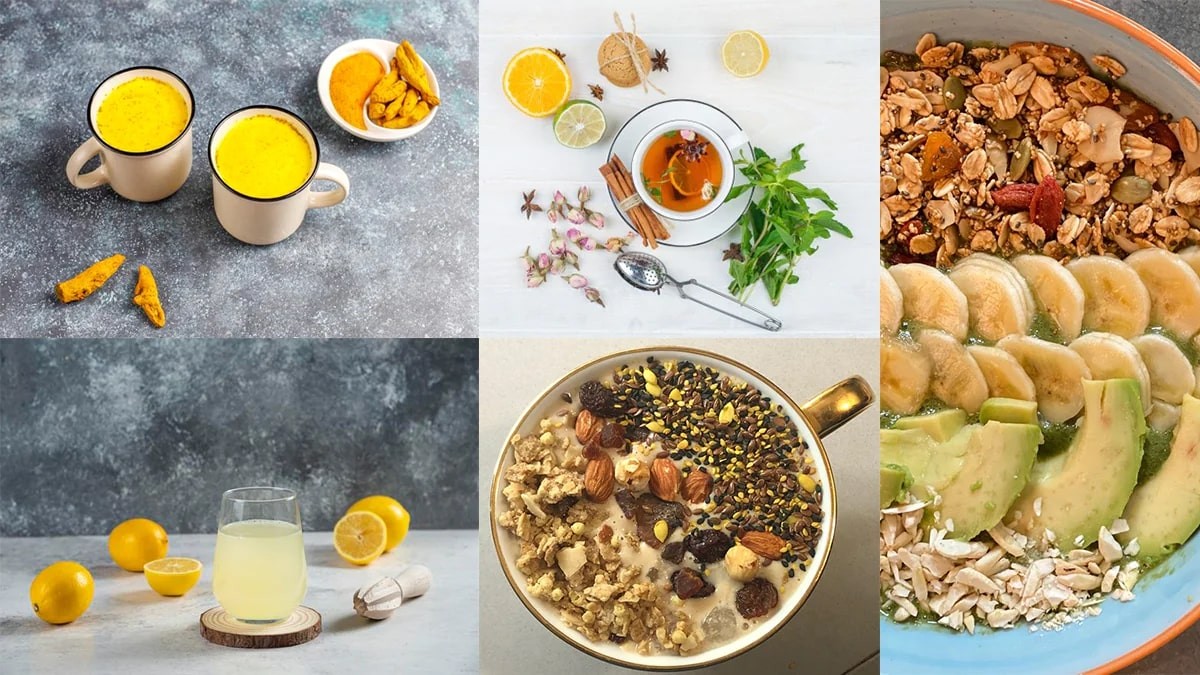 |
| Photo: India Today |
In a new EIT Food project, researchers from the Department of Food Science, Aarhus University, investigate how people affected by COVID-19 experience changes in appetite, sense of taste and smell - and pleasure related to food intake in general.
Researchers from the Department of Food Science, Aarhus University, are investigating how people affected by COVID-19 experience changes in their appetite, sense of taste and smell as well as in the pleasure related to food intake. This is part of a new EIT Food-funded project, which also involves companies from Belgium and Spain.
Assistant Professor Barbara Vad Andersen is part of the science team Food Quality, Perception & Society at the Department of Food Science, which is responsible for the scientific part of the project:
- Enjoying food is an important part of people's appetite, and the expected pleasure greatly affects our motivation to eat. There is currently very limited knowledge about the effect of COVID-19 on appetite. By expanding this knowledge, we can gain an understanding of the opportunities and barriers to affect appetite among people affected by COVID-19, she explains.
The COVID-19 project is linked to a series of studies on appetite, which are conducted in the science team and services to understand human eating behavior - and use this knowledge to influence people's eating habits in a healthier direction without compromising well-being.
Why is it important to eat well after being diagnosed with COVID?
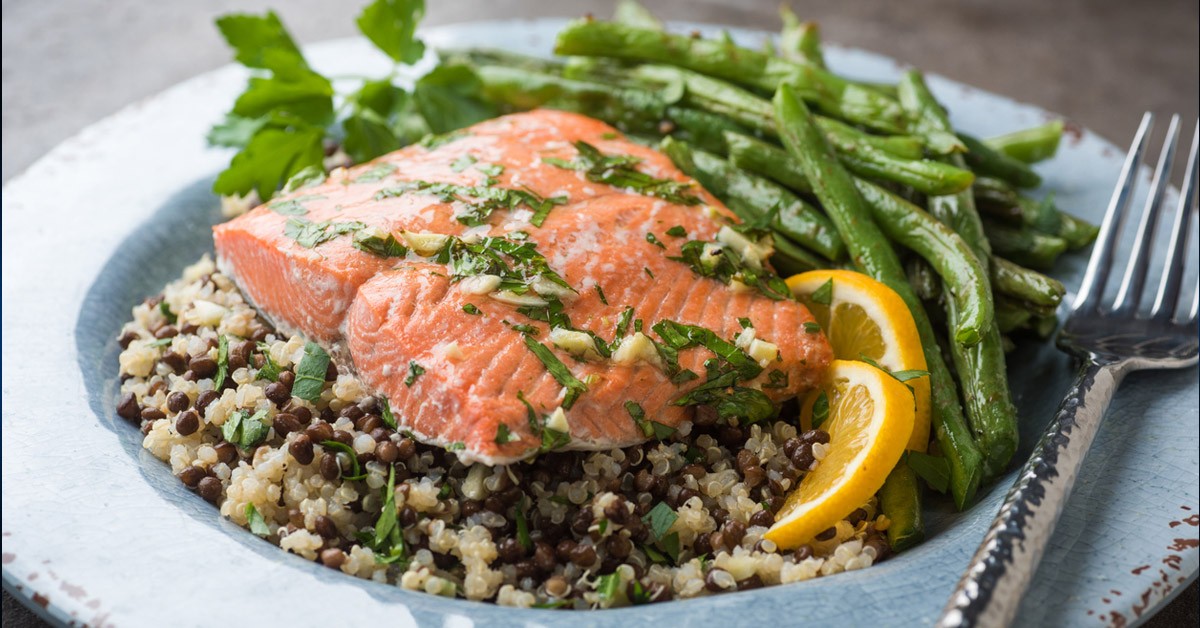 |
| Photo: HSS |
Eating well is important as your body needs energy, protein, vitamins, and minerals to help you recover. Having a good intake of protein and energy-rich foods supports you with rebuilding muscles, maintaining your immune system, and increasing your energy levels to allow you to do your usual activities.
Proteins. These are the building blocks of our bodies. During illness, there is a loss of muscle mass which needs to be replenished. Adding protein to every meal is critical to rebuilding the body. Depleted proteins also mean lowered immunity. Eating proteins all in one meal will not work as the body may not be able to utilize a large amount at one go; spread it through the day. Muscle proteins replenishment will be better with this strategy.
- Have an egg/paneer for breakfast, dal for lunch, and chicken or soy nuggets for dinner.
- For snacks choose a combination of carbs and protein, to help the protein be utilized for its primary function. Cheese with fruits, dry fruits with nuts, dahi with fruits.
- Milk and dahi are good sources of quality proteins; do consume at least 600 ml a day. COVID involves the respiratory system and there is a stigma regarding milk and dahi when there is chest congestion and cough. But it is not true, do take both for faster recovery.
In case you find it difficult to eat, then speak to your nutritionist for a supplement that will help you tide over. In hospitals, clinical meal supplements are used for very sick people and these are safe and make a difference to your recovery period.
Your discharge advice would also have certain vitamins and mineral supplements. These are recommended to support your recovery and are prescribed for a period. In addition, the same vitamins should be consciously included in daily meals to enhance recovery.
| Protein foods Aim to have three palm-sized portions per day. | |
| Meat, fish, eggs, beans, pulses, nuts, chickpeas and meat-alternatives e.g. Quorn or tofu. | Keeps your immune system healthy and maintains your muscle strength. |
| Dairy/daily alternative foods Aim for three thumb-sized portions per day. | |
| Milk, food items including cheese and yoghurt, and milk alternatives such as soya milk fortified with calcium. | Provides calcium which helps to keep your teeth and bones strong. |
| Fruit and vegetables Aim for five portions per day. | |
| One portion = 80g of fresh, frozen or tinned (fruit should be in own juice), one tablespoon of dried or a maximum of 150ml of fruit juice. | Provide vitamins and minerals as well as fibre. |
| Starchy foods Aim for a quarter of main meals to include starchy foods. | |
| Rice, potato, cereals, noodles, chapattis, pasta and bread. Where possible, choose wholegrain varieties. | Provide energy and fibre which helps keep your bowels regular. |
| Oils and spreads | |
| Aim for unsaturated varieties such as, sunflower, olive or rapeseed-based oils or spreads | Provide energy and helps us to absorb some vitamins |
When planning a meal, it may be helpful to aim for half of your plate to include salad/vegetables, a quarter to include protein, and the final quarter to include starchy carbohydrates.
I am underweight or I have lost a lot of weight or I am struggling to eat enough. What should I eat?
Minimizing weight loss and regaining muscle strength is important for your recovery. It is important to monitor your weight and lookout for signs of weight lo
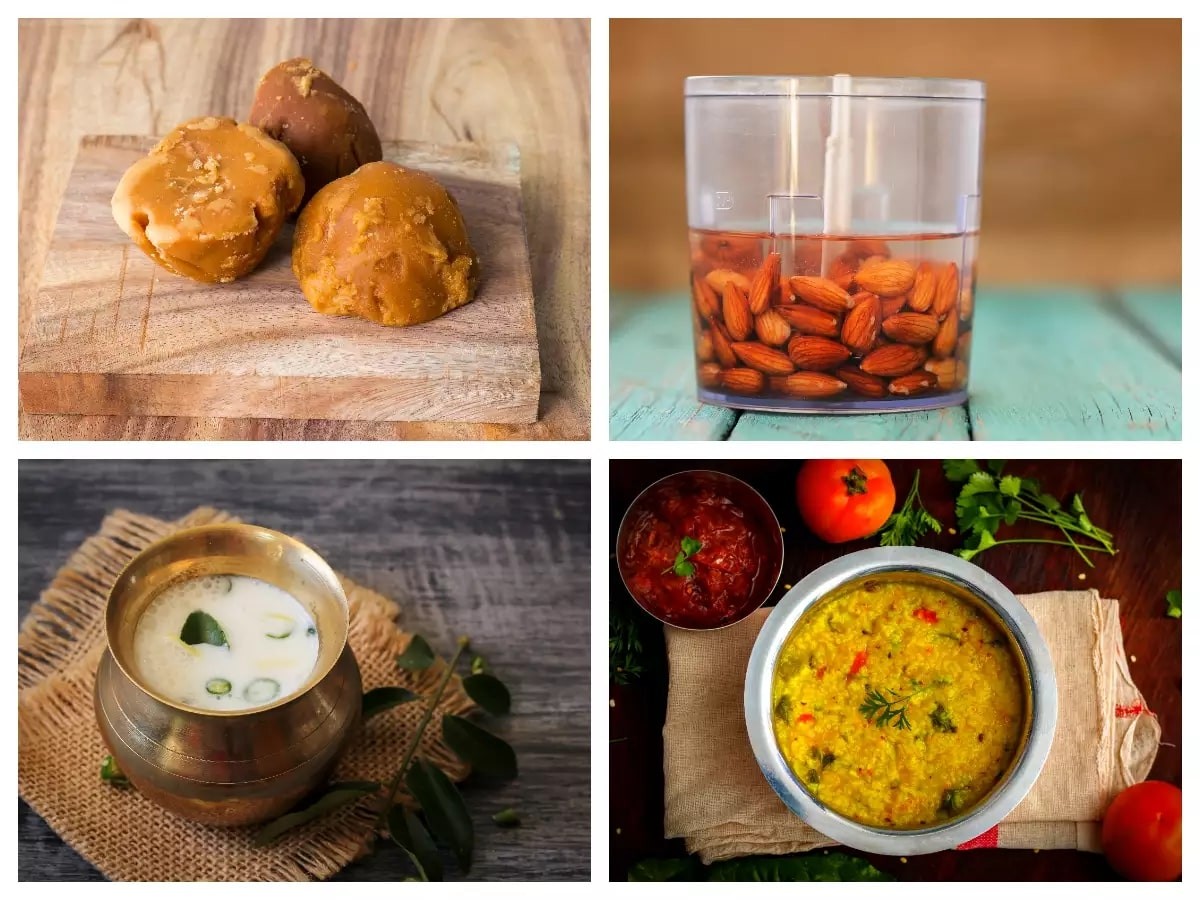 |
| Photo: Times of India |
ss including your clothes and jewelry becoming loose.
You may find meals a bit overwhelming at the moment but you should try to eat little and often this may include three small nourishing meals plus nourishing snacks/drinks in between until your appetite picks up. Choose protein-rich (meat, fish, eggs, cheese, beans and lentils) and energy-rich foods. Serve food on small plates to make it more appealing.
Keep well hydrated by drinking plenty of fluids. Choose milk-based drinks as these provide additional nutrients like protein.
Ask your GP to refer you to a dietitian for further advice and support, and in the meantime, you may find the information below helpful.
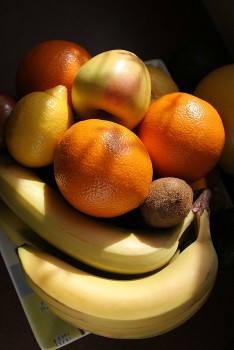 | Top Natural Remedies for Better Bedtime You have heard of warm milk before bed, but did you know there are other ways to have a good night's sleep? |
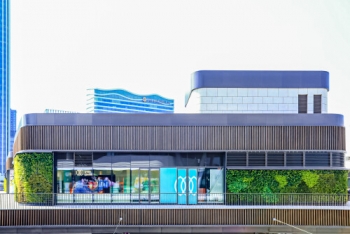 | Green Common Begins New Chapter In Green Diets Green Common championed sustainability through discovering the endless potential of vegan diets, offering diverse, quality vegan choices, and has since become a household name for ... |
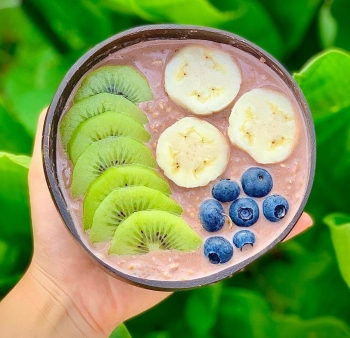 | A Hanoian's Guide to Clean Eating Clean eating is not about eating clean or dirty food. It is about what benefical nutrition you consume. Check out 14 simple clean eating dishes ... |
Recommended
 Handbook
Handbook
Vietnam Moves Up 8 Places In World Happiness Index
 Handbook
Handbook
Travelling Vietnam Through French Artist's Children Book
 Multimedia
Multimedia
Vietnamese Turmeric Fish among Best Asian Dishes: TasteAtlas
 Handbook
Handbook
From Lost to Found: German Tourist Thanks Vietnamese Police for Returning His Bag
 Handbook
Handbook
Prediction and Resolution for the Disasters of Humanity
 Handbook
Handbook
16 French Films To Be Shown For Free During Tet Holiday In Vietnam
 Handbook
Handbook
Unique Cultural and Religious Activities to Welcome Year of the Snake
 Handbook
Handbook


